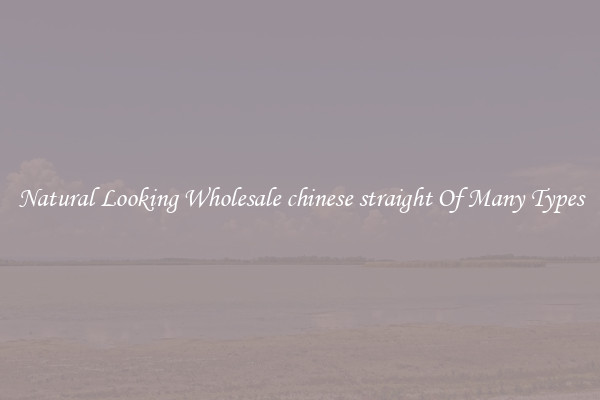Various Types Of textile starch modified For Your Exact Needs
Various Types Of Textile Starch Modified For Your Exact Needs

Starch has been used in the textile industry for centuries to provide stiffness, body, and crispness to fabrics. However, with advancements in technology and research, different types of starch modifications have been developed to meet the specific requirements of different fabrics and garment types. These modifications allow textile starch to be tailored for various purposes, including sizing, finishing, and printing.
One of the most common types of textile starch modified is oxidized starch. This modification process involves treating starch with specific chemicals to increase its solubility and reduce its viscosity. Oxidized starch is commonly used for sizing cotton and synthetic fabrics, providing them with improved stiffness and abrasion resistance.
Another type of modified starch is cationic starch. Cationic starch is produced by modifying the starch molecules with a positively charged chemical, such as quaternary ammonium compounds. This modification gives the starch enhanced binding properties, making it ideal for use in fabric finishes and coatings. Cationic starch is often used in the production of high-quality fabrics, such as bed linens and dress shirts, as it provides excellent wrinkle resistance and ease of ironing.
Enzyme-treated starch is another popular modification used in the textile industry. Enzyme treatment breaks down the starch molecules into smaller units, resulting in improved penetration and adhesion to the fabric. This modified starch is commonly used for textile printing, as it allows for sharper and more vibrant prints.
Resistant starch is a type of modified starch that has gained popularity in recent years. Resistant starch is non-digestible and provides unique properties like water absorbency, shrinkage control, and easy wash off. It is often used in the production of high-performance garments, such as sportswear and outdoor clothing.
Textile starch modified with silicone is a relatively recent development in the industry. This modification involves adding a thin layer of silicone to the starch particles, creating a fabric finish that provides excellent softness, smoothness, and anti-wrinkle properties. Silicone-modified starch is commonly used in the finishing process for delicate fabrics, such as silk and satin, to enhance their drape and luxurious feel.
In conclusion, the textile industry offers a wide range of starch modifications to meet the specific needs of different fabrics and garment types. From sizing cotton to providing wrinkle resistance and enhancing fabric finishes, modified starches play a crucial role in achieving the desired characteristics of textiles. Whether it's oxidized starch, cationic starch, enzyme-treated starch, resistant starch, or silicone-modified starch, each modification offers unique properties and benefits that can be tailored to your exact textile requirements.

View details

View details

View details

View details







